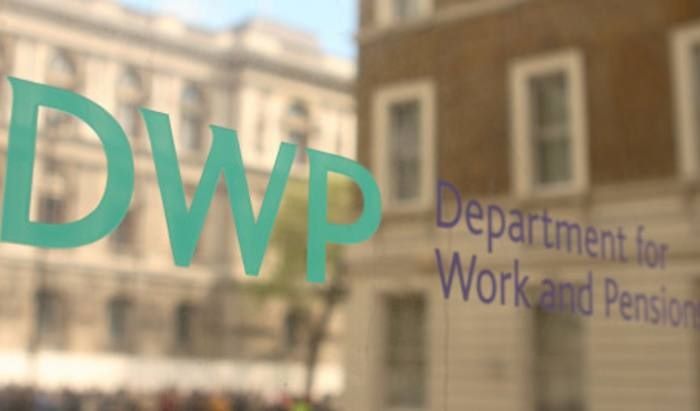The Taskforce on Social Factors, set up by the Department of Work and Pensions (DWP), has launched a guide for pension trustees to identify and monitor the social risks and opportunities of investments.
Recognising schemes will have different circumstances, resource levels and time horizons, the guide is designed to provide a starting point for trustees to better understand and assess social factors, with the help of their advisers and in-house teams.
The guide sets out for pension trustees the importance of embedding social factors within schemes’ investment decisions and stewardship policies in four key areas: the importance of social factors, addressing them in pension portfolios, materiality assessment frameworks and social factor data.
Luba Nikulina, chair of the Taskforce and chief strategy officer at IFM Investors, said that the guide “will provide practical support for pension trustees as they navigate the risks and opportunities of social factors on investment decisions”.
“The creation of this practical and valuable guide is another example of the strong collaborative approach the UK pensions industry is so well known for. I hope the guide will play a meaningful role in better understanding social factors, both here and globally.”
Recommendations
Alongside the guide, the Taskforce has also released a set of nearly 40 recommendations for the pensions industry, government and regulators.
Pension trustees are urged to ensure their asset managers consider social factors and integrate them into their investment strategy and stewardship, with the paper providing example RFP questions and mandate terms.
With regards to regulators, the DWP should “consider formally setting out expectations on addressing social factors”, while the FCA should consider setting out reporting expectations, alongside those required for environmental factors.
Asset managers should be able to demonstrate that they have influenced social outcomes through transparent reporting on engagement, voting and investment outcomes, including any social investment metrics.
The government should also continue facilitating a supportive policy environment for action on social (not just environmental and governance) issues, and ensure implementation and effective enforcement of regulation.
Meanwhile, data providers should consider strong mark-downs of ratings for the absence of key data, to encourage enhanced disclosures from issuers of investments.
Reaction
Stephen Barrie, deputy chief responsible investment officer at the Church of England Pensions Board, said pension funds “have a responsibility to understand and act on social factors” that affect investments and outcomes for members.
“Failing to do so can increase risks and social injustice, because from human rights to fair pay, these issues are at the heart of a flourishing society and economy. We welcome the launch of the Taskforce’s guide which identifies practical ways investors can approach these topics.”
Joe Dabrowski, deputy director of policy at the Pensions and Lifetime Savings Association, added: “In recent years, the impact of social factors has been brought into sharp focus – the impact of the pandemic, growing awareness of issues such as diversity and inequality, the impact of modern slavery, health and safety, supply chain issues, and wider workforce conditions. Social factors can however be more difficult to monitor in terms of both data and impact.
“This guidance marks a significant step change in the support provided to pension funds, and their efforts to better incorporate social factors into investment decisions. We are delighted to have supported the work of DWP’s Social Factors Taskforce in tackling these challenges.”








